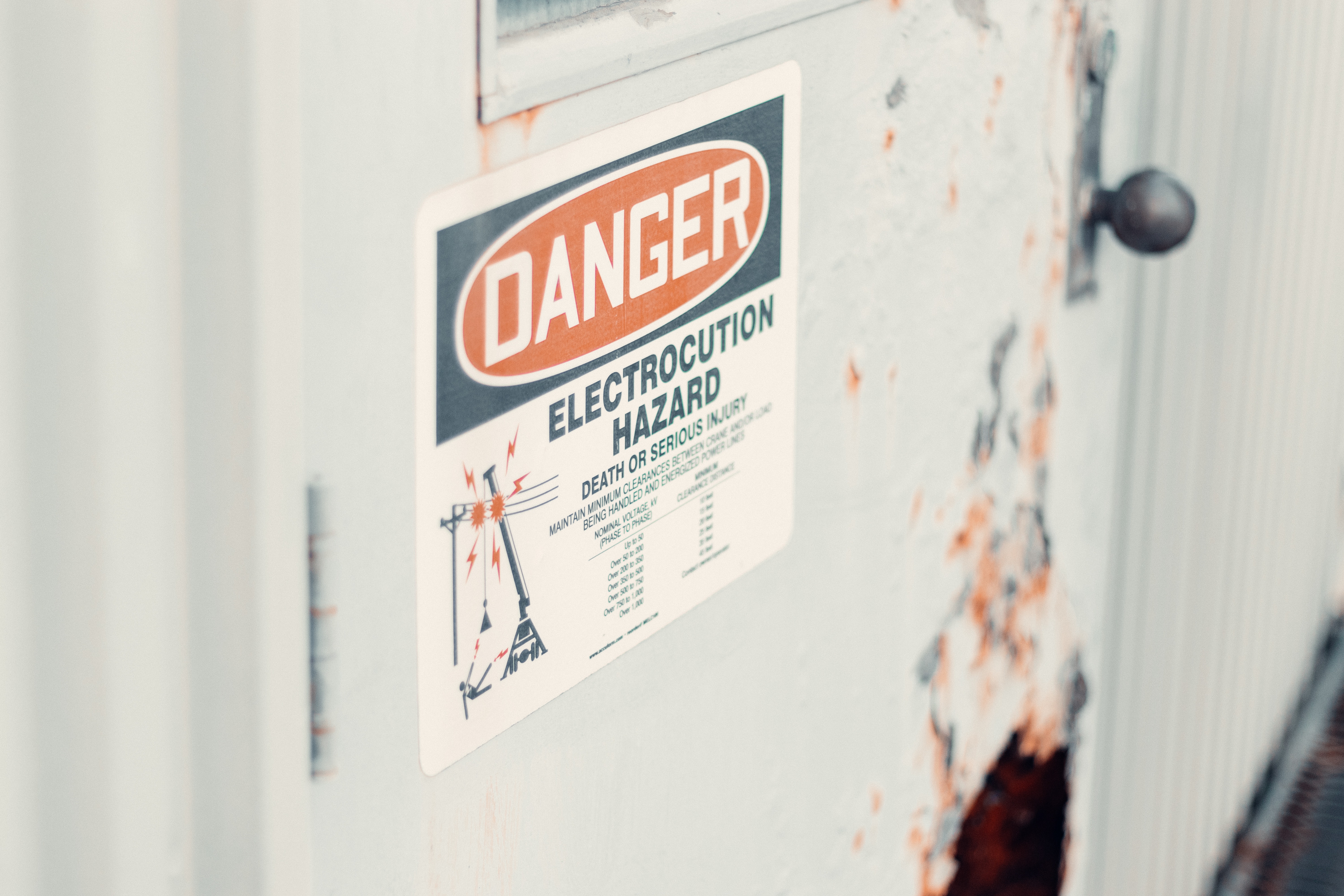Incident Management for Festivals.

A key element of any festival is compliance with any prevailing health and safety regulations which includes the management of any incidents likely to affect anyone on-site. Effective planning and reporting are essential aspects for successful incident management but how can organisers improve this.
Aside from any potential harm to on-site visitors any serious incident can have a far-reaching impact on the festival organisation including insurance issues, financial loss from claims and adverse publicity. Festival organisers should do everything they can to mitigate the impact of potential incidents, particularly those that may involve serious injury or worse. Potential problems may include poorly equipped staff who are not ready to act appropriately when a serious incident arises. Any poor on-site communication could lead to an inconsistent flow of information and if there is a lack of logs kept for basic recording of incidents any post event reporting will be inadequate.
Identifying Potential Incidents.
Typical incidents can be anything from crowd control problems and assaults to accidents and whilst it is impossible to plan for every eventuality organisers should do their utmost to consider all possibilities. Most accidents and other incidents should be avoidable and with good hazard identification and planning organisers can ensure any incidents are kept to a minimum. Health and safety professionals can assist in identifying on-site hazards whether it’s a simple trip hazard or unsafe electrical installations for example.
Planning.
Good contingency planning is an essential part of incident management and helps to identify potential risks and actions that can be taken. Effective crowd control measures and good stewarding can greatly help in avoiding personal injury from assaults and other crowd related issues. Using health and safety specialists can ensure that on-site build up and break down is performed safely by identifying dangerous tasks and ensuring that suitable precautions have been taken particularly form tasks like stage rigging and electricity generation. Having agreed processes and procedures in place will ensure that any medical emergencies are dealt with quickly and professionally with adequate on-site medical facilities.
Effective Incident Management and Reporting.
Festival organisers should ensure that sufficient insurance is in place for the event, not just the legal minimum. All on-site staff and volunteers need to have comprehensive training as part of the contingency planning so they know exactly what to do for any foreseeable incidents. Incident reporting and logging any incident is a key aspect of incident management as it provides an audit trail of incidents during an event and will form part of any post event reporting and analysis. As far as possible the response to any incidents should be automated so that if something happens the right people can jump into action quickly and know exactly what they should do and where they need to be on-site.
For festival organisers planning their events using a software management platform like Festival Pro gives them all the functionality they need manage every aspect of their event logistics. The guys who are responsible for this software have been in the front line of event management for many years and the features are built from that experience and are performance artists themselves. The Festival Pro platform is easy to use and has comprehensive features with specific modules for managing artists, contractors, venues/stages, vendors, volunteers, sponsors, guestlists, ticketing, cashless payments and contactless ordering.
Photo by Griffin Wooldridge via Pexels
<< Back to articles
Contact us
Get in touch to discuss your requirements.
US: +1 424 485 0220 (USA)
UK: +44 207 060 2666 (United Kingdom)
AU: +61 (2) 8357 0793 (Australia)
NZ: +64 (0)9887 8005 (New Zealand)